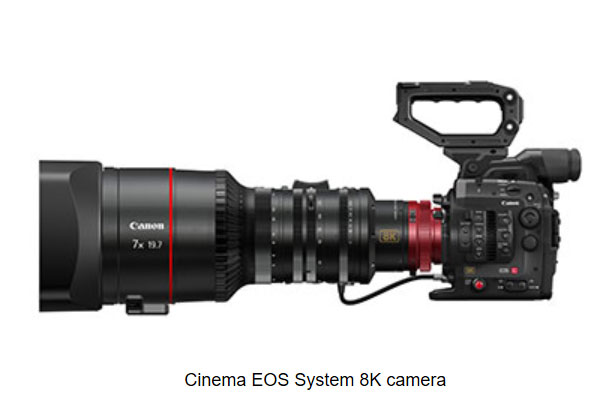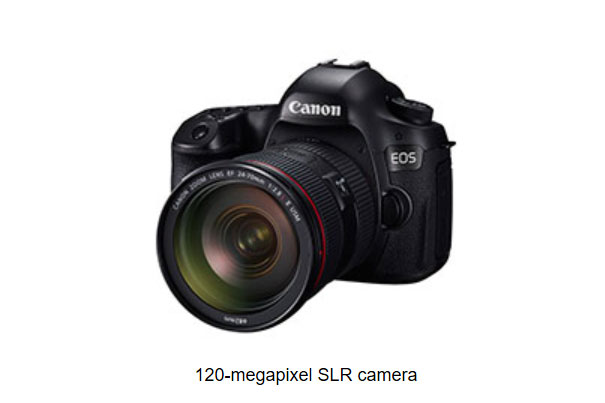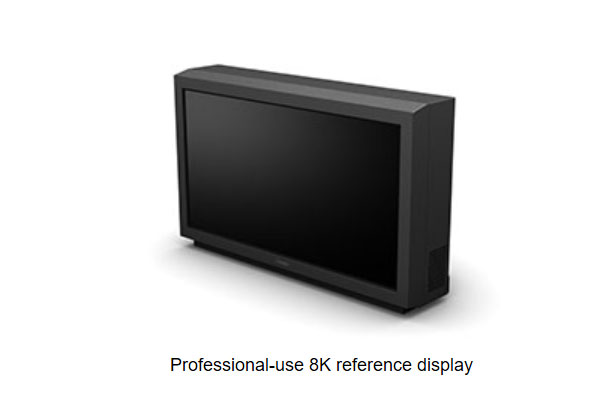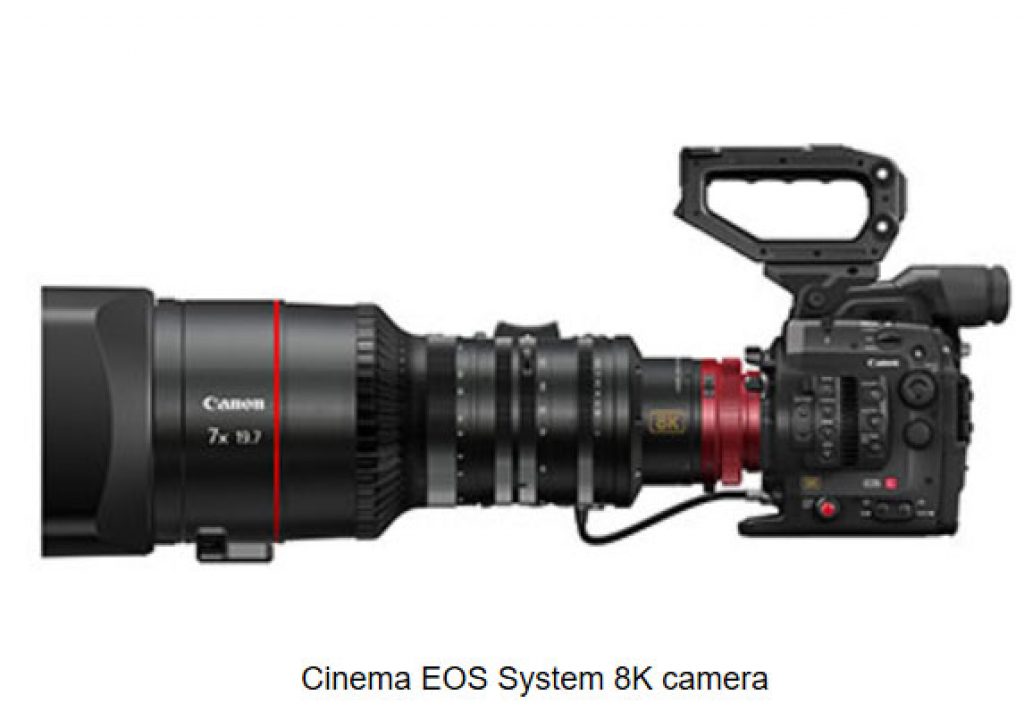
Do we really need a DSLR with millions of pixels? Canon thinks so, as they are developing a camera featuring a resolution of approximately 120 effective megapixels, using as a base their actual EOS-series platform. If the “illustrative purposes only” images provided are something to go by, the new camera will use a EOS 5D body and not the EOS-1 design.
The high-resolution images that the camera will be capable of producing will recreate the three-dimensional texture, feel and presence of subjects, making them appear as if they are really before one’s eyes. The camera will facilitate a level of resolution that is more than sufficient for enlarged poster-sized printout while also enabling images to be cropped and trimmed without sacrificing image resolution and clarity. Canon says that out of the 96 lenses that make up the EF lens lineup, 60 models will be compatible with the SLR camera under development.

This new camera, will, no doubt, put pressure on computer systems, forcing those using it to go well beyond what is now common for photographic edition. The resolution from the sensor will also need to be coupled with lenses able to resolve such level of detail, so it will be interesting to see if these, as Canon calls them “next-generation imaging devices to expand the possibilities of visual expression” will be accessible to many people. There’s a lot of investment to be made to be the owner of a 120 MP DSLR. One question still has to be made: do we really need this?
Well, Canon thinks so, as they are also developing a new video system, centered on a Cinema EOS System 8K camera and professional-use 8K reference display. Canon aims to contribute, the company’s press release states, “to smooth production workflows, facilitating not only the input and output of 8K video content, but also such processes as 8K to 4K down-conversion and 4K cropping.”

The Cinema EOS System 8K camera being developed will be equipped with a Canon Super 35 mm-equivalent CMOS sensor that makes possible high-resolution 8,192 x 4,320 pixel (approximately 35.39 million effective pixels) imaging performance even at a frame rate of 60 frames per second with 13 stops of dynamic range and a richly expressive wide colour gamut. Additionally, featuring a body size that realizes outstanding mobility and a design that delivers high levels of operability, along with an EF mount that offers compatibility with Canon’s extensive interchangeable EF lens lineup, the camera will support diverse shooting styles and means of visual expression.
Incorporating Canon image-processing technology, the ultra-high-resolution 8K reference display currently under development will achieve high brightness, high contrast (high dynamic range) and a wide colour gamut. Additionally, with a pixel density exceeding 300 pixels per inch, a level approaching the limit of human visibility, the display will make possible ultra-realistic imaging that enables the reproduction of subtle changes in light that were previously not possible. Furthermore, when used in combination with the Cinema EOS System 8K camera, the display will be capable of conveying truly impressive levels of visual expression.


